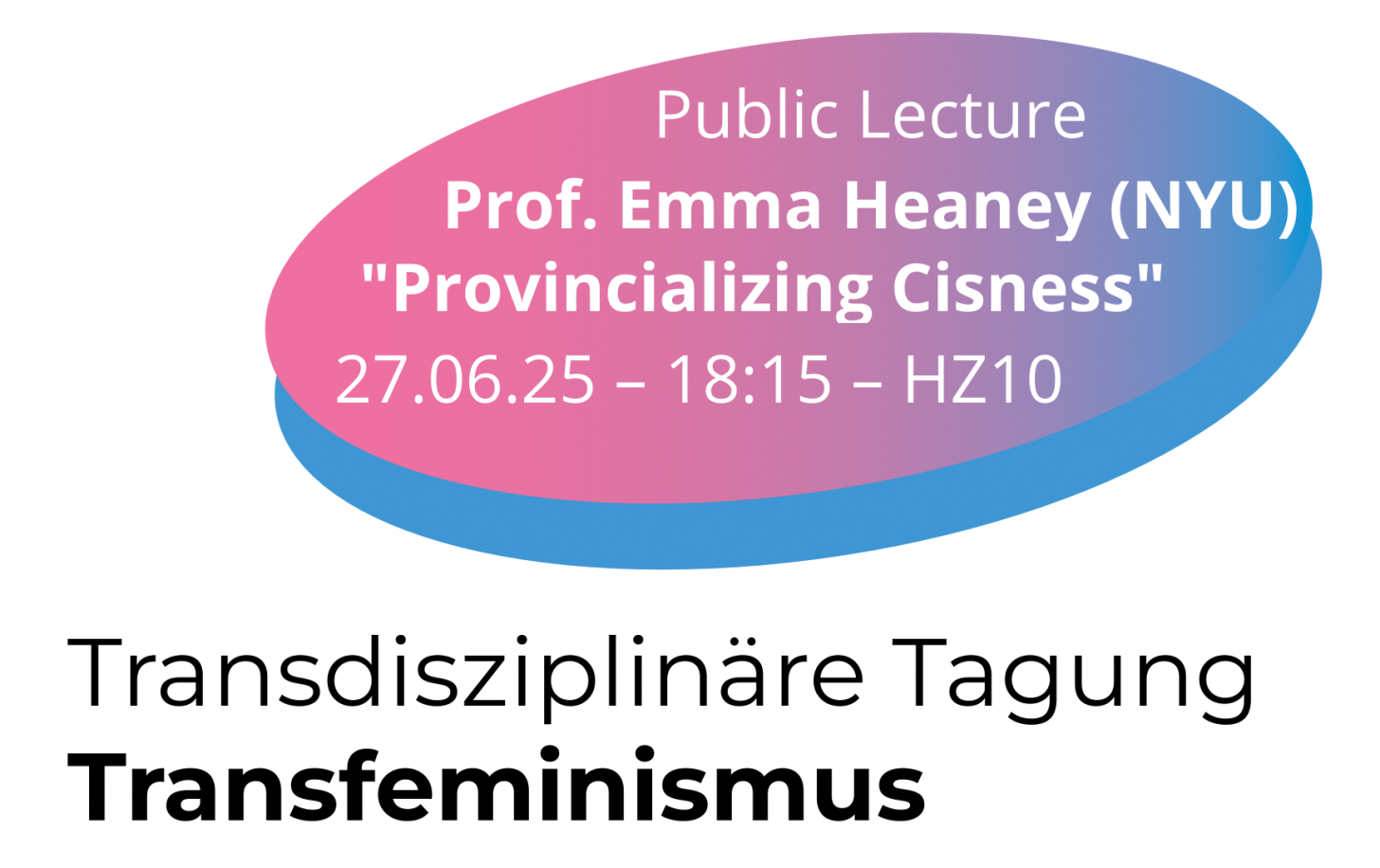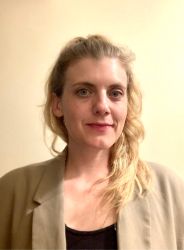
Auditorium 10 // Hörsaal 10
This talk traces the itinerary of the bourgeois ideology of cisness from its late nineteenth-century origin through the transsexual century that follows. Doing so provincializes Foucault’s account of the mid-nineteenth-century incorporation of perversions into taxonomies and identities, the homosexual “species” chief among them. The broader historical realignment is the proliferation of the idea that bodies come in two mutually exclusive and compatible types and that sex (both the act and the identity) is the expression of that morphological, hormonal, and chromosomal reality. The spread of this bourgeois colonial ideology required disappearing social categories and collective lifeways into the psychiatric hospital, the prison cell, the biopolitical category of lumpen life, and, in some cases, the miasma of an abruptly produced and enforced cultural amnesia. This analysis contradicts the easily debunked assertion that “the gender binary is Western” with a history of cisness as a technology of bourgeois self-legitimization that colonizes both externally and internally, taking as its targets both the projected perversions of the non-West and the proletarian and racialized populations of the metropole. The talk’s provocation is the observation that following key moments of change to the social experience of sex precipitated by feminist and gay political struggle, cisness was reinvigorated as a way to contain the revolutionary potential of those movements.

Emma Heaney is Clinical Assistant Professor Experimental Humanities and Social Engagement at New York University. She is a scholar of comparative literature, feminist studies, and trans studies. Her current research derives a theory of the transformation of queer and trans identities from works of literature spanning the long twentieth century. In her book The New Woman: Literary Modernism, Queer Theory, and the Trans Feminine Allegory (2017) she traces the medicalization of trans femininity and the uptake of the resulting diagnostic in works of literature and theory. Her edited collection, Feminism Against Cisness (2024), gathers essays by trans studies scholars that demonstrate the potential of feminist critique freed of the ideology that assigned sex determines sexed experience.
The CGC strives to make its events as accessible as possible. If you require assistance in order to participate in our event, please let us know your support needs by 27 May 2025 via email at: cgcentrum@soz.uni-frankfurt.de. We will then do our best to reduce any barriers within the scope of our capabilities. We look forward to your participation.
